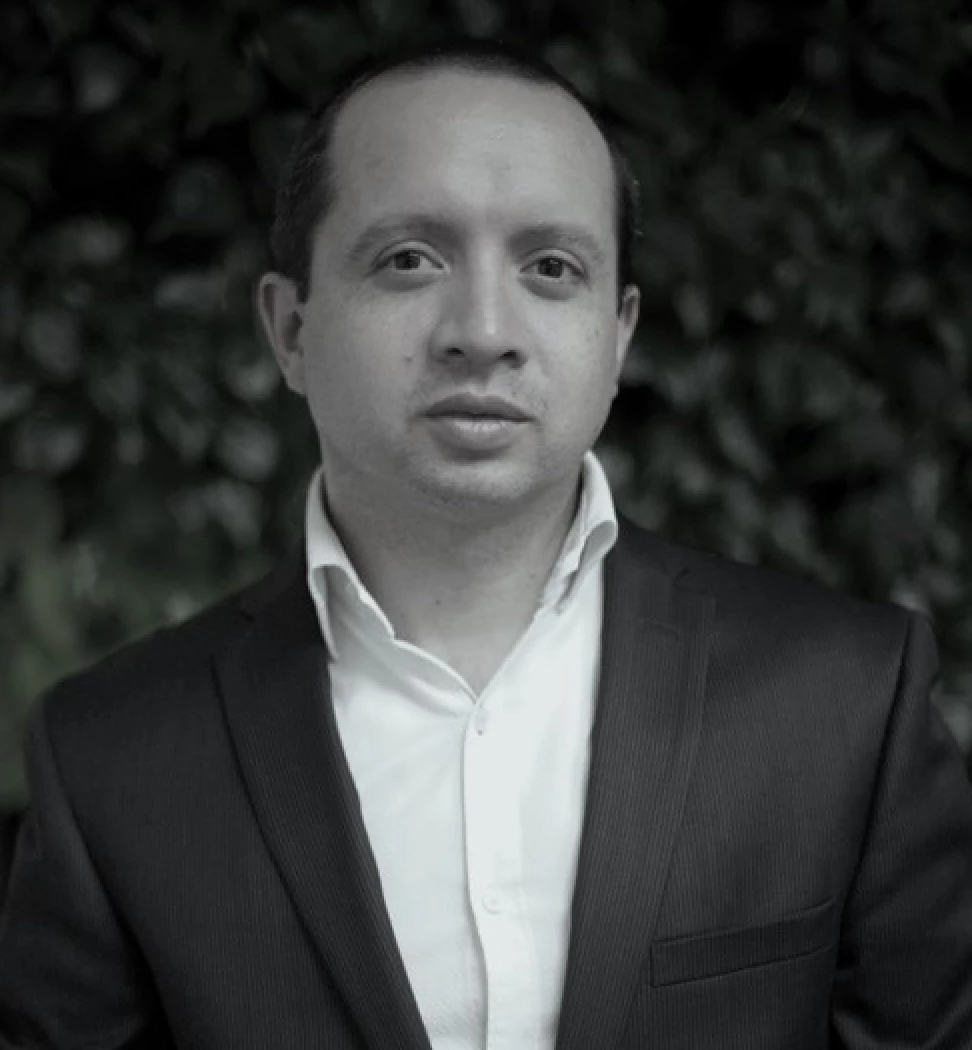 A child drinks water from a water pipe.
A child drinks water from a water pipe.
Today, 2 billion people around the world do not have safely managed drinking water services, and 3.6 billion people do not have safely managed sanitation services. Moreover, those with access to water supply and sanitation (WSS) services often must cope with intermittent water supply, sewerage system overflows, and poor customer service. Climate change is already exacerbating these challenges by bringing about more frequent and more intense floods and droughts, and sea level rise, among many other threats. Against this background, it's critical to ensure resilience-building in the water sector, including strengthening utilities, which must provide essential services for growing populations in the face of multiple shocks and stresses.
The impacts of climate change are manifesting differently. For example, the devastating floods affecting Pakistan from climate-induced precipitation have resulted in casualties and injuries, with estimated total damages to exceed USD 14.9 billion and total economic losses to reach about USD 15.2 billion. Several African countries, including Ethiopia, Kenya, and Somalia, have been facing extreme droughts affecting the water supply to millions. These and many other shocks and stresses are making the task of water utilities even more complex.
The water sector needs to be prepared to face the uncertainty resulting from climate change. Water and sanitation utilities everywhere are mandated with essential service provision critical for reaching development objectives. This calls for climate-informed utilities to conduct their operations in a way that contributes to adaptation and mitigation.
The World Bank's Utility of the Future Program (UoF) is helping WSS utilities worldwide that want to embark on a transformational journey and thrive regardless of what challenges come their way, including efforts around resilience building and reaching net zero carbon emission due to the climate crisis.
The UoF program approaches resilience as the capacity of a utility to prepare for disruptions, recover from shocks and stresses, and adapt and grow from a disruptive experience. The program helps participating utilities become resilient organizations that adequately manage information and promote innovation and data-driven decision-making. The UoF Program helps utilities assess their level of resilience through key data collection to design an action plan to guarantee service continuity regardless of shocks and stresses, including those related to climate change.
Based on proper information management and foresight analysis, the UoF program exposes utilities to strategic planning practices - such as expansion and rehabilitation plans, asset management, and staff composition - that incorporate the need to prepare and respond to potential long-term impacts of climate change, not only on infrastructure but also on water quality and quantity for more efficient utility management.
Once utilities identify risk scenarios threatening their performance, they can access and implement specific mitigation and adaptation practices that are part of the UoF Framework. This includes demand management, such as non-revenue water reduction, energy efficiency, use of non-conventional water resources, and application of circular economy principles such as wastewater reuse, among others.
Utilities across regions are already prioritizing actions that address underlying challenges while at the same time contributing to climate change preparedness:
In Zambia, the Nkana Water Supply and Sanitation Utility is responsible for water supply and sanitation services for three towns with nearly 900,000 residents. Their limited system is already being impacted by climate change through more frequent and more intense weather events, which affects their service provision mandate. Through the UoF program, they have decided to address several challenges, including high levels of non-revenue water, raw water source pollution, and high cost of power and chemicals. Recognizing the impact of carbon emissions, they are also implementing mitigation-related actions by lowering carbon emissions and setting a goal for themselves of net zero emissions. As a result, the utility is currently analyzing performance data to identify production and distribution processes to become more energy efficient and tap renewable sources.

In Europe, similarly, the Rzeszów Water Utility in Poland shows how utilities can accelerate climate action. Currently, the utility generates almost 50% of the energy it consumes through biofuel and solar power. Moreover, it is working on alternative energy sources to reduce power consumption and transition faster to clean energy. In parallel, the utility also optimizes equipment performance to become more energy efficient. The utility's efforts translate into reduced operating costs and greater availability of resources for the utility.
Climate change threatens to thwart the hard-won gains made by utilities everywhere. While many are making climate resilience a priority by incorporating actions aimed at adaptation and mitigation, the uncertainty brought about by climate change requires utilities to remain flexible to adapt to various consequences and continue to mitigate carbon emissions. Such actions are necessary to ensure a safe and continuous water supply for all residents. Many utilities worldwide have adopted the mindset of staying ahead of the wave and being ready to face climate change head-on to ensure their residents prosper, despite today's most significant challenges and those to come. The World Bank's Utility of the Future program is helping utilities worldwide on this transformational journey.
Related:
The Utility of the Future (UoF) Program
Innovation platforms aim to speed the pace of technology transfer in the water sector





Join the Conversation